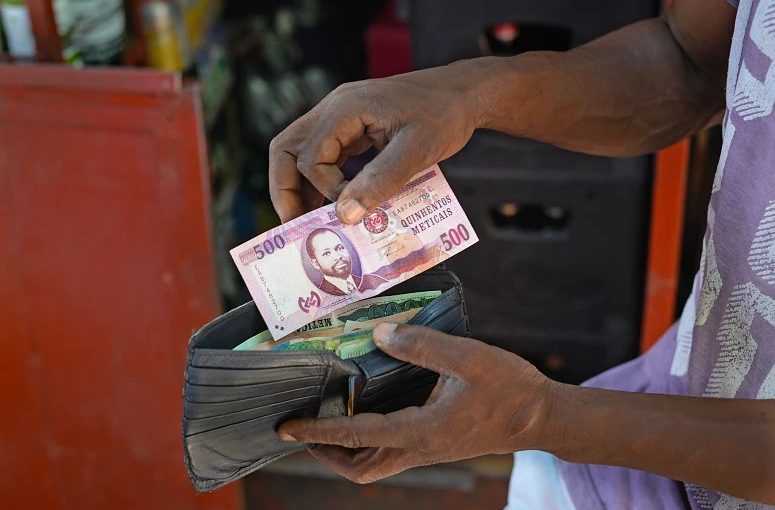Mozambique: Sweden has donated $90 million to support Niassa since 2022
Mozambique: Internal debt rises 26% until September

File photo: Lusa
Mozambique’s debt stock reached, in late September, 396,056 million meticais (€5,700 million), a 26% growth compared to the end of 2023, according to budget execution data to which Lusa had access to on Monday.
According to the Government Budget Execution report from January to September, this ‘stock’ compares with the 313,780 million meticais (€4,516 million) on December 31, 2023 and mainly results from new issuances of Treasury Bills (BT, shorter maturities) and Treasury Obligations (OT, longer maturities) in the total amount of 209,833 million meticais (€3,020 million) in nine months.
On the other hand, during the same time frame, the Mozambican state amortised internal public debt in the amount of 127,557 million meticais (€1,836 million), in this case essentially short maturities.
“Regarding the amortisation of internal debt, in addition to the amount regarding the payment of treasure and bank financing obligations, the amount of 537.8 million meticais [€7.7 million] was also disbursed in relation to the payment of debts with suppliers of goods and services, from previous years, within the scope of the Fiscal Restructuring and Consolidation,” the report details.
At the end of September, the accumulated stock of public debt amounted to 1.044 trillion (million million) meticais (€15,000 million), of which almost 648,883 million meticais (€9,340 million) being external debt, the latter a slight reduction compared to last December.
The International Monetary Fund (IMF) voiced a concern with the dependence on Mozambique of short-term public debt issuance, as it increases the country’s “financing risks”.
“The extensive dependence on short-term internal debt in recent years has increased the risks of refinancing for the government. Internal debt has increased from 19% of GDP in 2019 for a peak of about 28% of GDP in 2022,” the IMF points out in the fourth assessment report to the Extended Credit Easy Program (ECF), completed in July.
Although medium-term debt “has the highest participation in domestic debt”, equivalent to 50% of the total last year, the IMF also stresses that “short-term debt increased from 19 to 27% of the total internal debt between 2019 and 2023”.
“In a context of increasing sovereign debt,” the IMF said the Mozambican authorities “have been reluctant to accept the highest long-term internal debt yields”, which is reflected on “offering ratios of Treasury obligation auctions that often fall below 100%, with the average ratio for April and May 2024 by 62%”.
“The Treasury Bill Spreads [shorter maturities] on the monetary policy rate has also increased over the past year, from about 50 base points [for one year deadlines] in early 2023, to more than more than 200 points base in April 2024,” the report reads.













Leave a Reply
Be the First to Comment!
You must be logged in to post a comment.
You must be logged in to post a comment.